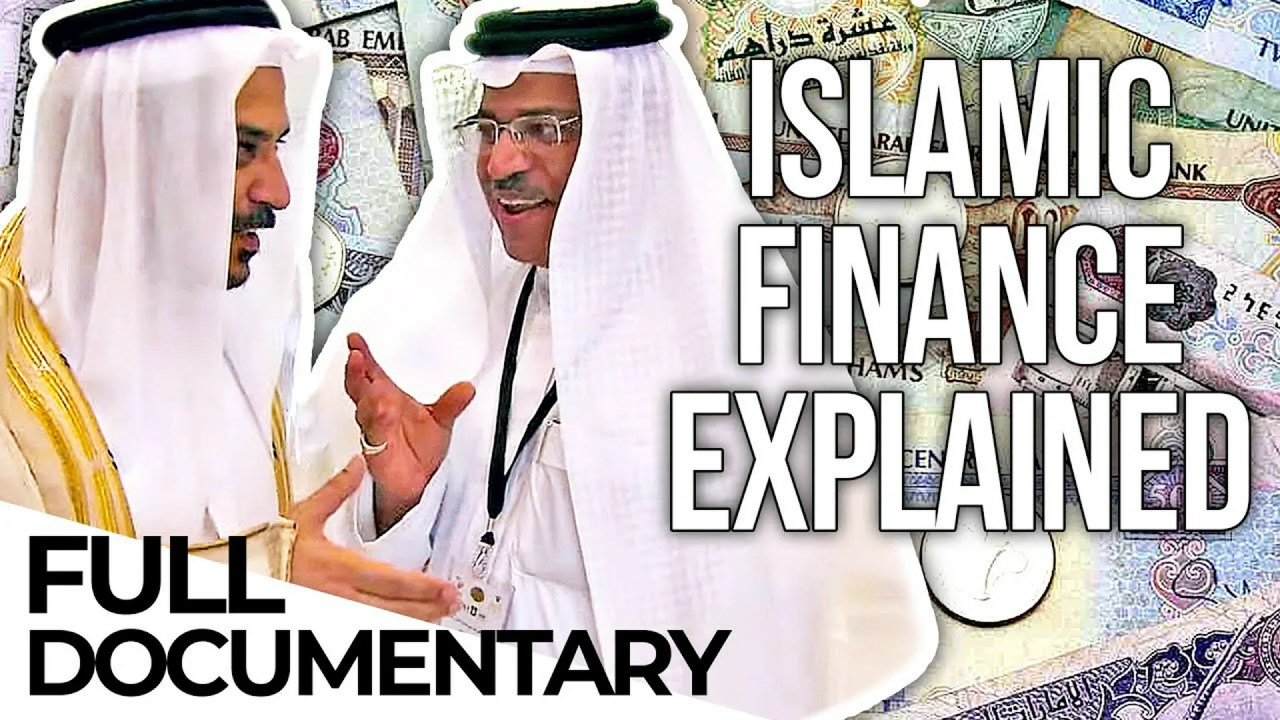Islamic Finance: A Viable Alternative to the Conventional System?
The banking and financial crisis of 2008, followed by the Arab Spring, have led the Western world to consider an alternative, religion-influenced system called Islamic Finance. Countries in the Gulf, Turkey, and Southeast Asia have developed a system that appears to have been less affected by the crises of recent years. With more than 1.5 billion faithful in the Islamic economic zone, the concept of Islamic Finance as a third option to capitalism and communism has become increasingly relevant.
Islamic Finance champions believe that Islam and modernity are not contradictions. Islamic Finance is a system that focuses on ethical values, equitable division of risk, and the support of economically disadvantaged members of society. It is founded on religious parameters taken from the Quran and Sharia law. From the old bazaars of Istanbul to the religion-driven entrepreneurs in Anatolia and the skyscrapers of Bahrain, Qatar, Dubai, and Abu Dhabi, Islamic Finance is playing an increasingly significant role in society.
The documentary takes a look behind the scenes, introducing not just the aspiring entrepreneurs but also the common workers. From the corporate law firms in London, Europe’s center of Islamic Finance, to the experts and key figures of the Gulf States and Europe, we find out more about the differences, similarities, and problems within a system that Western economists believe will have a decisive influence on the 21st century. The scholars of Islamic law determine which financial models are “halal” (permitted) according to the Quran, and which ones are “haram” (forbidden). They offer us a look into the structure of a system based on ancient traditions and regulations.
Islamic Finance has growth rates of up to 20%, presenting an alternative to the established system of business and economics. With its promise of backing all banking transactions with real values, can Islamic Finance provide the security that Western banks and their increasingly speculative methods no longer guarantee?
In conclusion, the documentary provides an in-depth examination of Islamic Finance, its principles, and practices. It encourages viewers to consider whether this system could be a viable option, worthy of further exploration. With its focus on ethical values and equitable distribution of risk, Islamic Finance could be a crucial driver in the changes needed for a fairer and more sustainable economic system.



